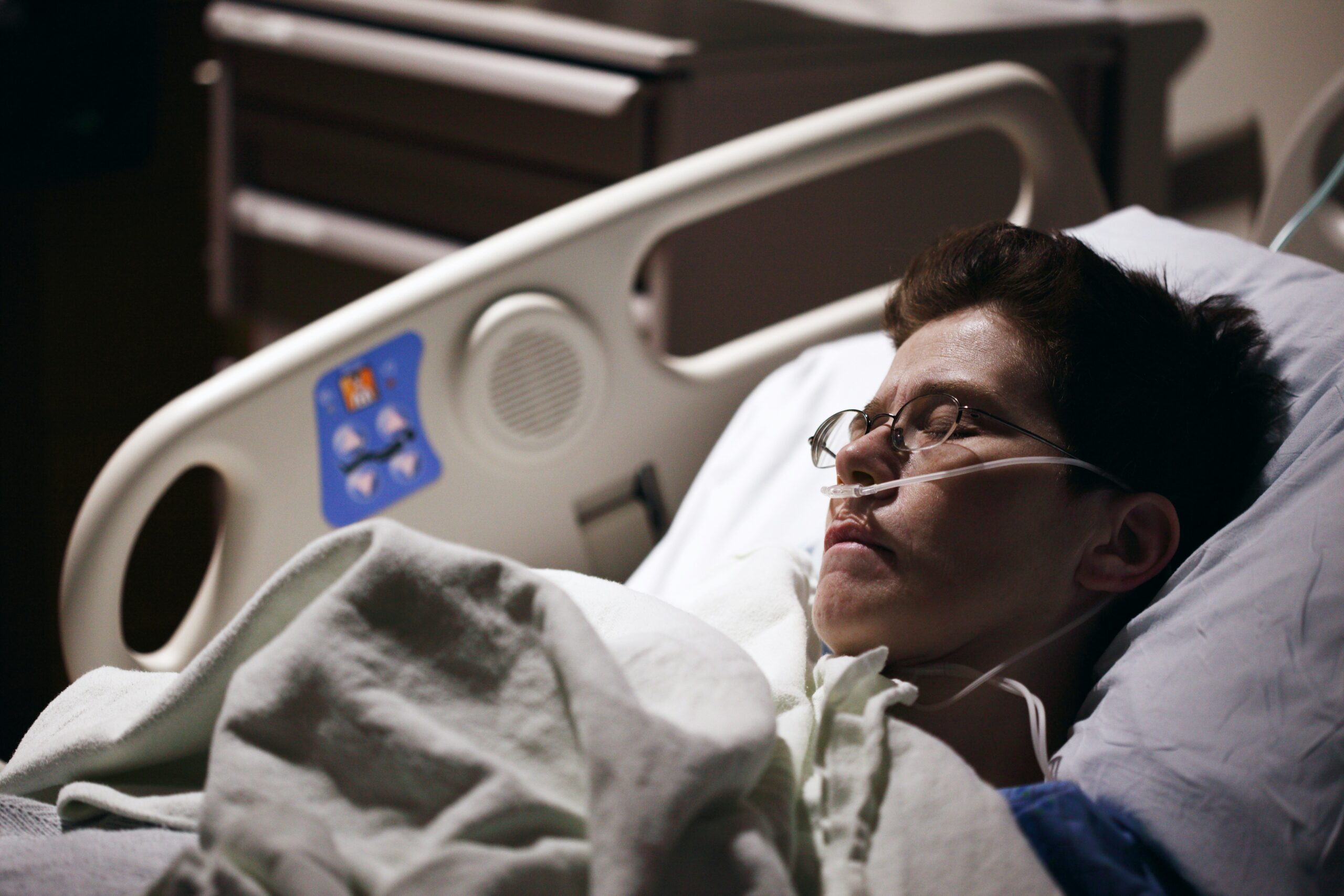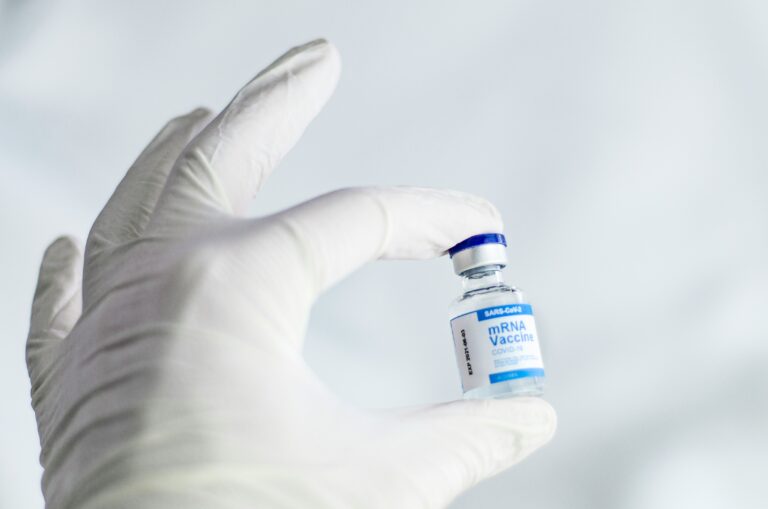If I Found Out I Had Cancer, This Is What I Would Do

Hearing the words “You have cancer” can be one of the most daunting moments in life. While conventional treatments like chemotherapy, radiation, and surgery are recommended, there is a growing interest in alternative approaches that complement these methods. One such approach that has garnered attention is fasting.
The Science Behind Fasting and Cancer
Fasting, an age-old practice, is increasingly being studied for its potential benefits in cancer treatment. The concept is simple: during fasting, the body undergoes metabolic changes that may help in fighting cancer. When you fast, your body enters a state of ketosis, where it burns fat for energy instead of glucose. This shift can create an unfavorable environment for cancer cells, which rely heavily on glucose for growth.
Several studies suggest that fasting may improve the effectiveness of chemotherapy, reduce side effects, and even help in slowing the progression of the disease. Here are a few key points to consider:
Enhanced Chemotherapy Effectiveness: Research indicates that fasting can make cancer cells more susceptible to the effects of chemotherapy while protecting normal cells from its toxicity. This dual benefit can enhance the overall efficacy of the treatment.
Reduced Side Effects: Patients who incorporate fasting into their treatment regimen often report fewer side effects from chemotherapy, such as fatigue, nausea, and weakness. This is because fasting may help in reducing inflammation and oxidative stress.
Improved Immune Function: Fasting has been shown to boost the immune system, which plays a crucial role in combating cancer. A stronger immune response can help in identifying and destroying cancer cells more effectively.
Inhibition of Cancer Growth: Animal studies suggest that fasting may slow down the growth of certain types of tumors. While more research is needed, these findings provide a promising outlook on the potential role of fasting in cancer management.
How to Incorporate Fasting Safely
If you’re considering fasting as part of your cancer treatment plan, it’s important to do so under medical supervision. Here are some tips to ensure you approach fasting safely:
Consult Your Doctor: Always discuss with your healthcare provider before starting any fasting regimen. They can help you determine the best approach based on your specific medical condition and treatment plan.
Start Slowly: If you’re new to fasting, begin with shorter fasting periods and gradually increase the duration as your body adapts. Intermittent fasting (such as fasting for 16 hours and eating within an 8-hour window) can be a good starting point.
Stay Hydrated: Ensure you drink plenty of water during fasting periods to stay hydrated and support your body’s metabolic processes.
Monitor Your Health: Keep track of how your body responds to fasting. If you experience any adverse effects, stop fasting and consult your healthcare provider.
Nutrient-Rich Diet: When you break your fast, focus on consuming a balanced, nutrient-rich diet to support your body’s healing process.
Embracing a Holistic Approach
Fasting is just one aspect of a holistic approach to cancer treatment. Integrating other lifestyle changes, such as stress management, regular physical activity, and a healthy diet, can further support your journey toward wellness.
While fasting offers promising benefits, it’s important to remember that it should complement, not replace, conventional cancer treatments. By combining the best of both worlds, you can empower yourself with a comprehensive strategy to combat cancer and enhance your quality of life.




